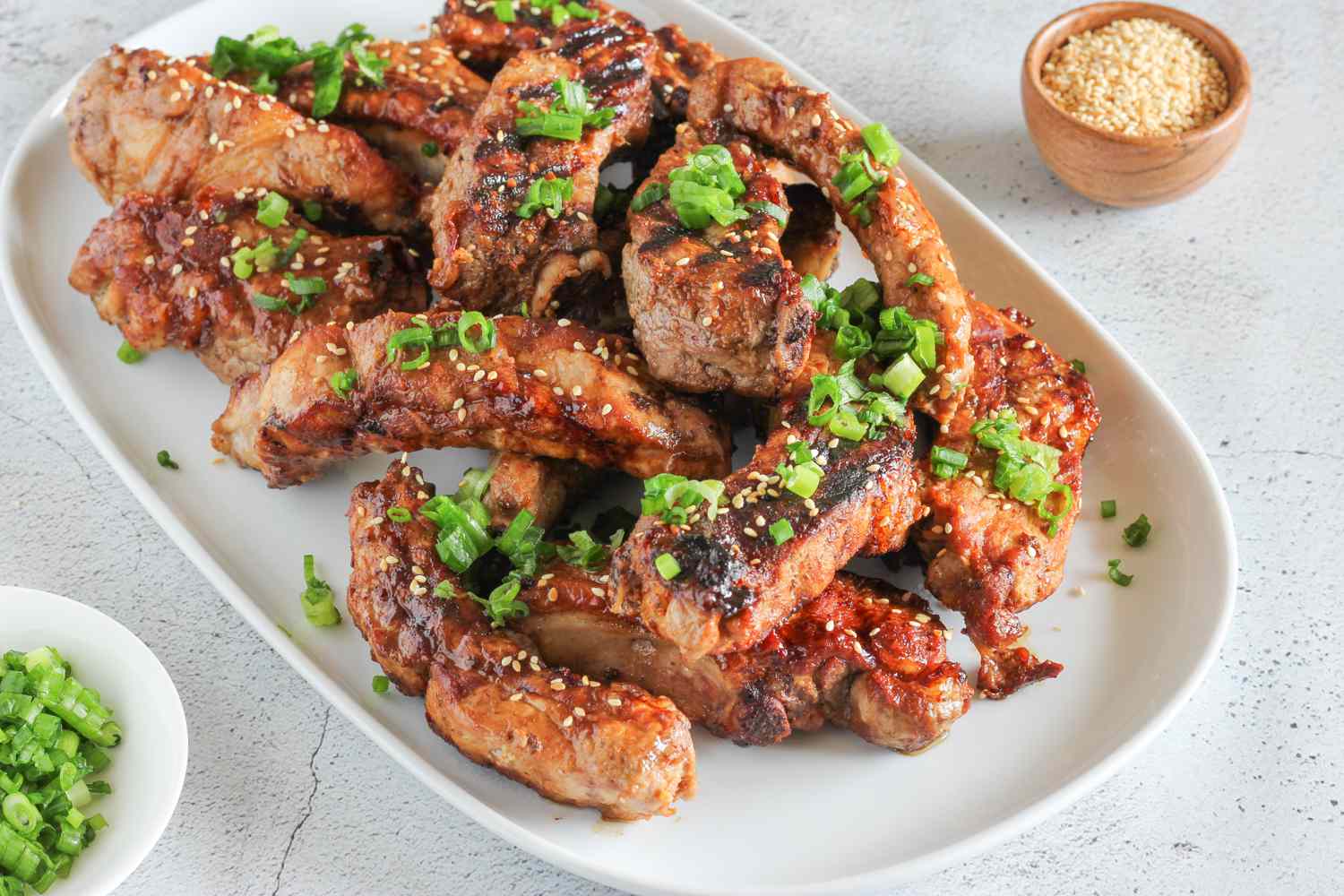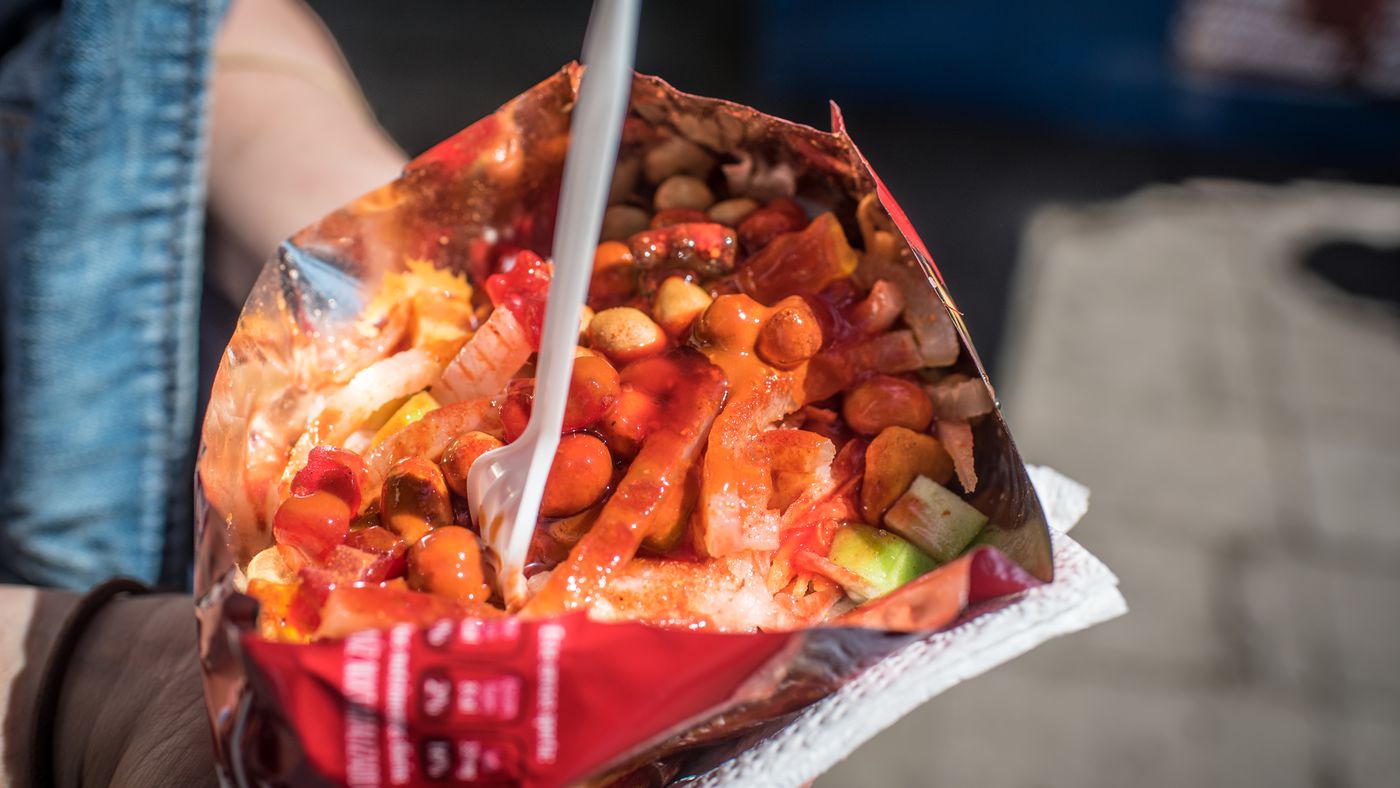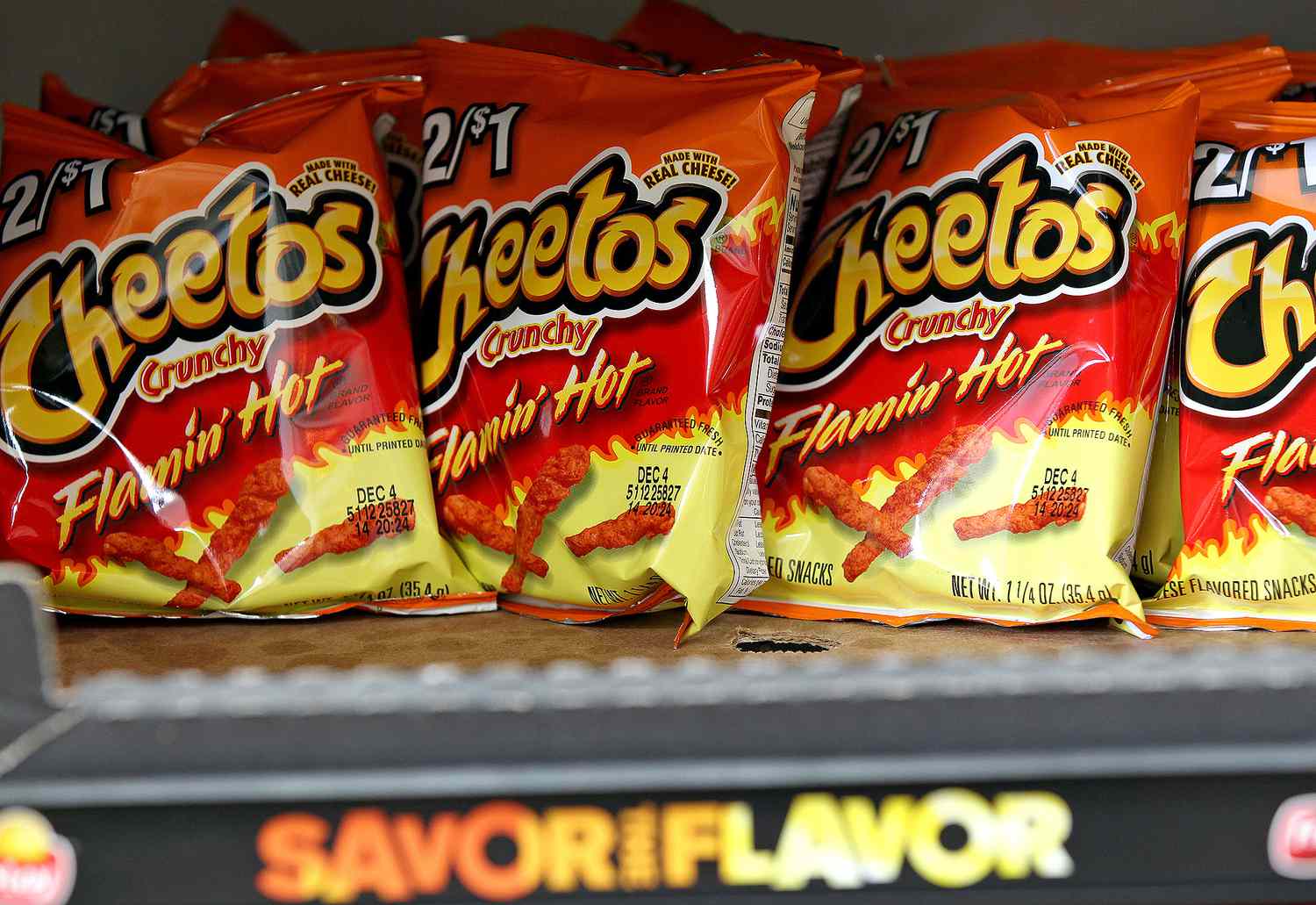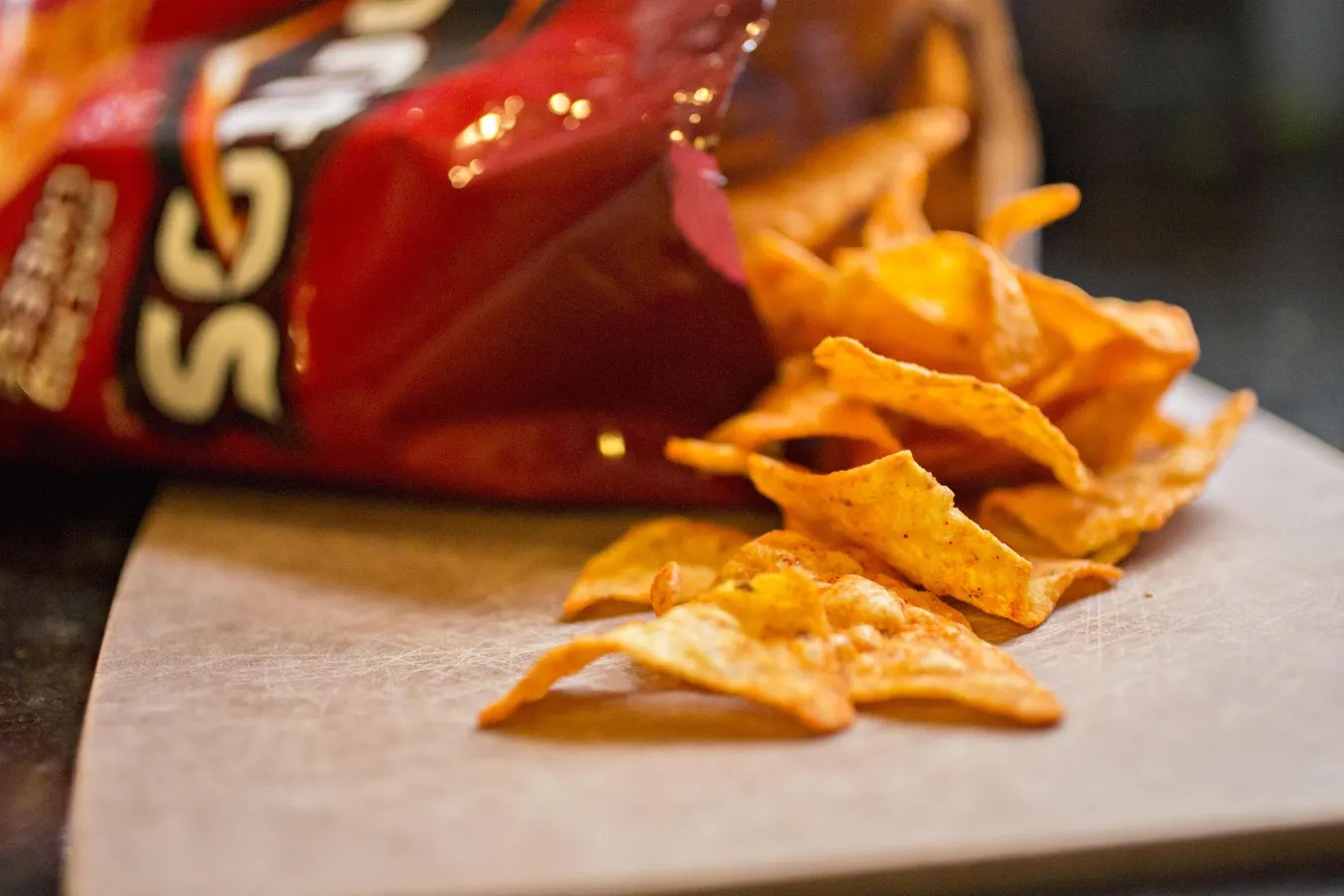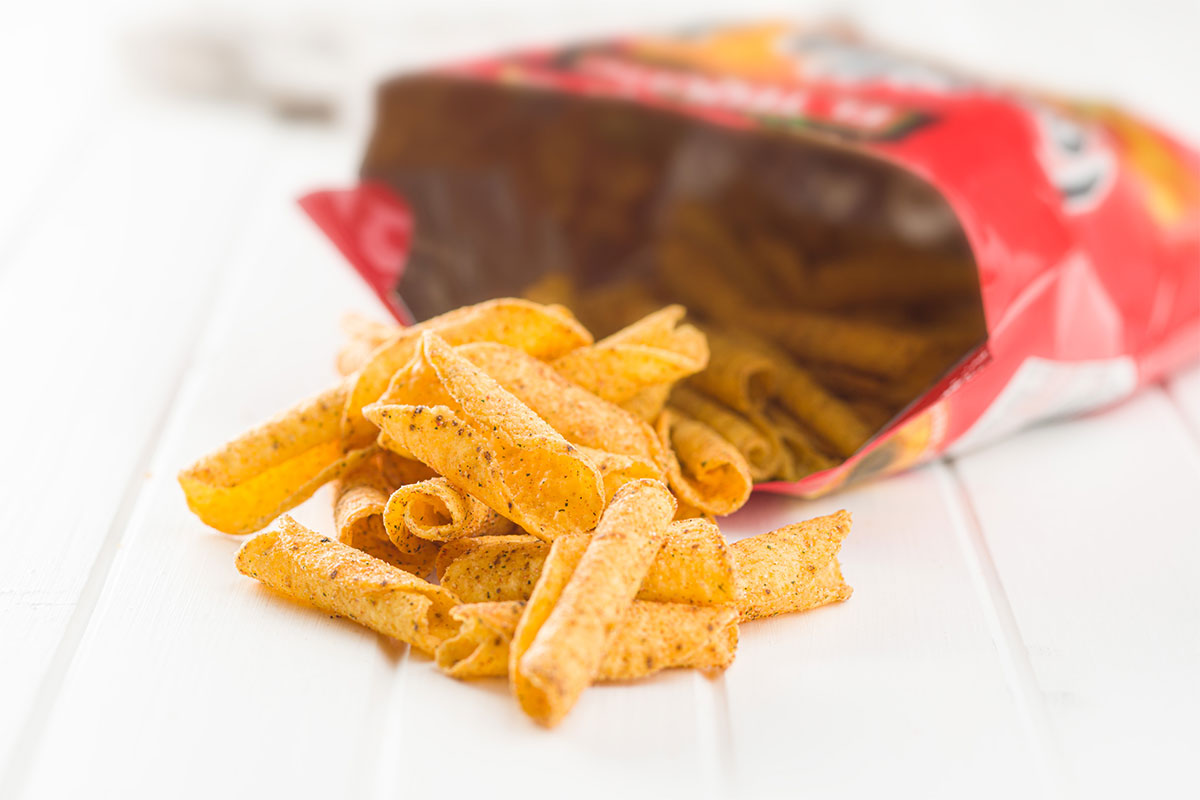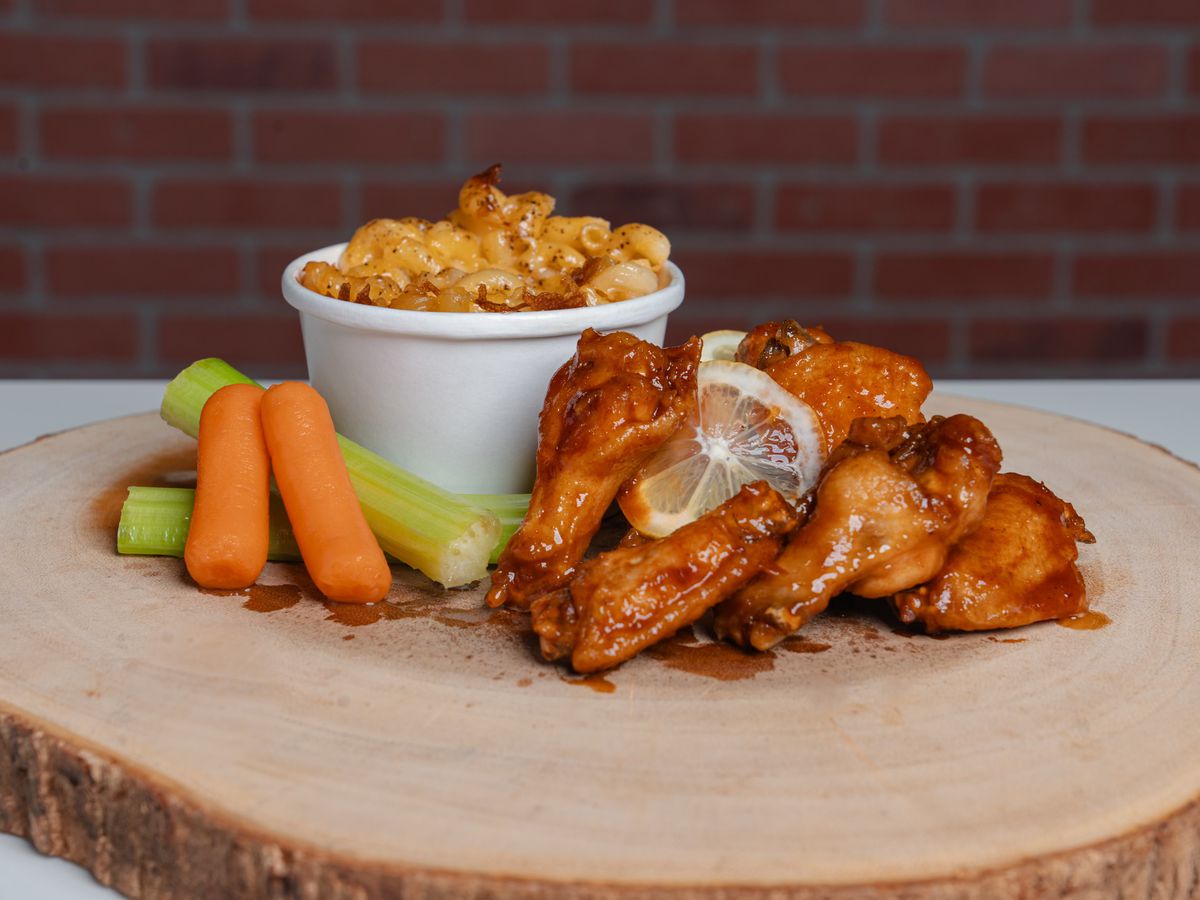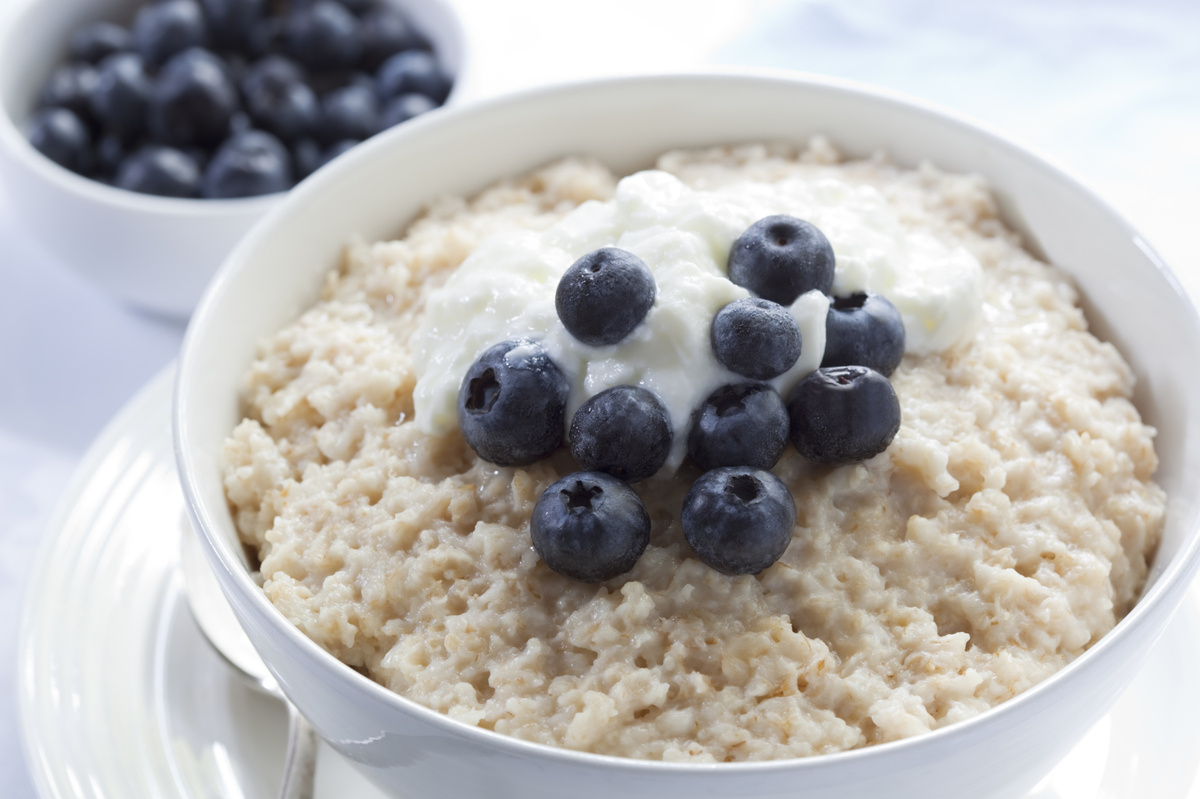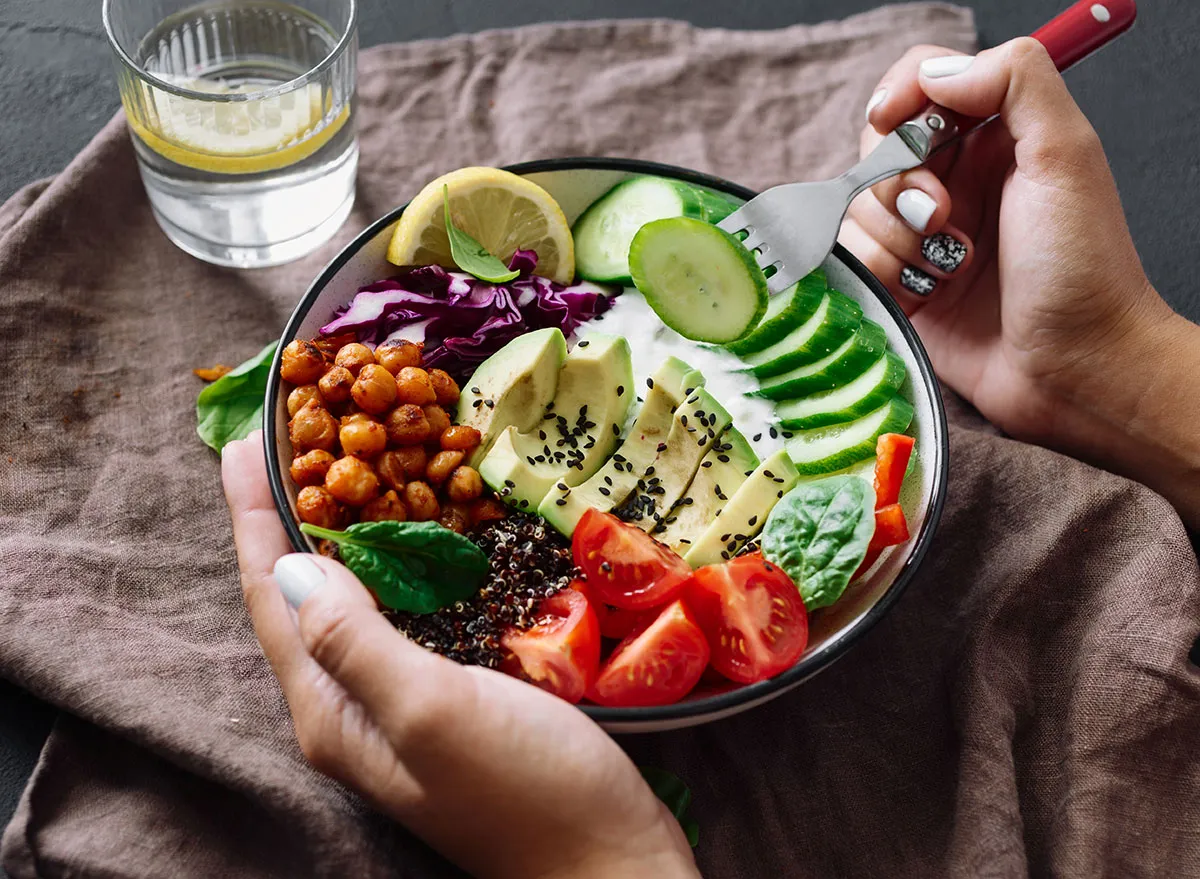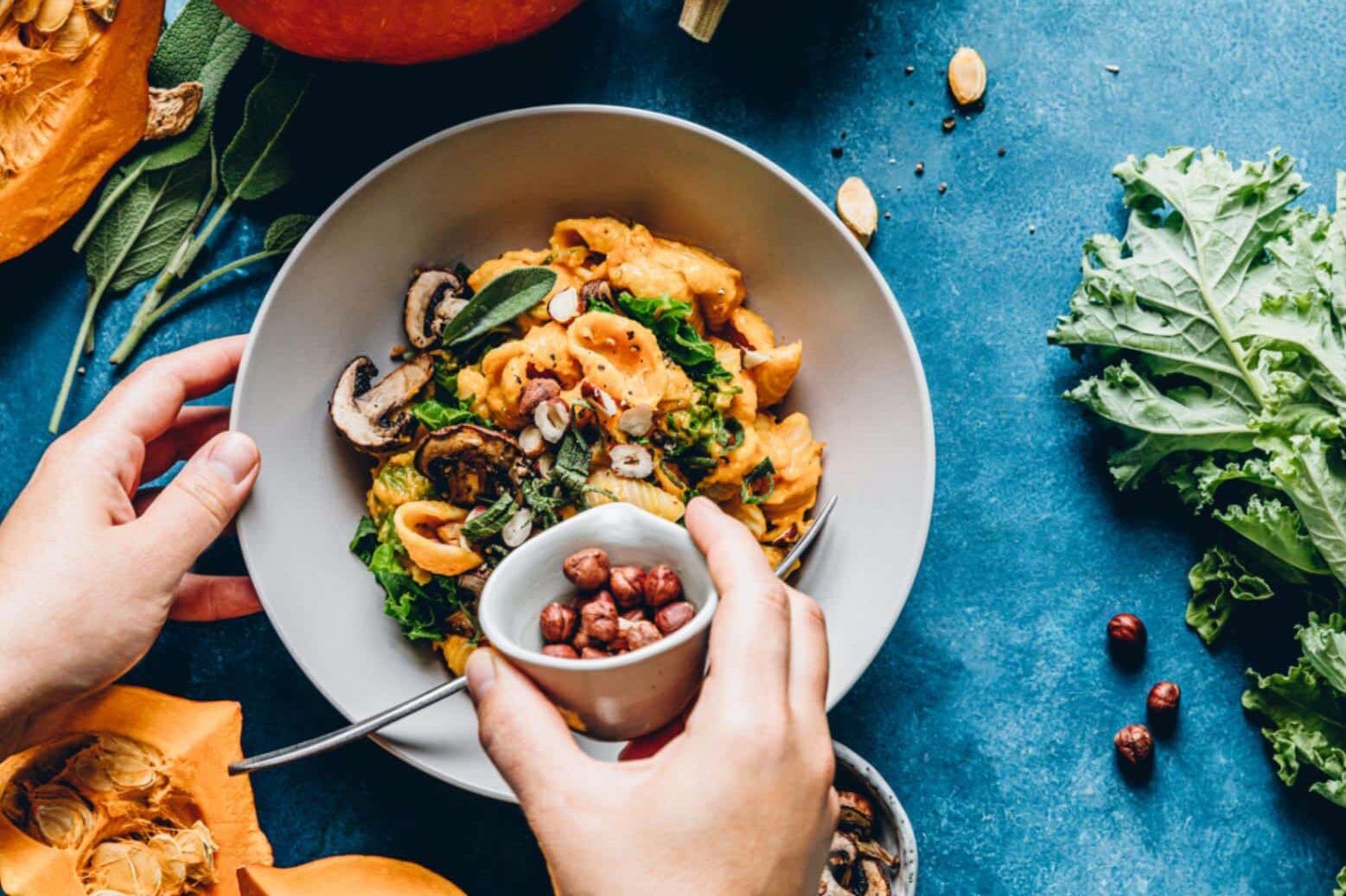How to Stay Energized After Eating
Do you often find yourself feeling sleepy and sluggish after a meal? Many people experience a post-meal energy slump, which can make it difficult to stay focused and productive. However, with the right approach to eating, you can avoid feeling sleepy and maintain your energy levels throughout the day. Here are some tips on how to eat without getting sleepy:
Choose the Right Foods
The types of foods you eat can have a significant impact on your energy levels. To avoid feeling sleepy after a meal, opt for foods that are rich in protein, healthy fats, and complex carbohydrates. These nutrients provide a steady source of energy and can help prevent the post-meal energy crash.
- Include lean proteins such as chicken, fish, tofu, or beans in your meals.
- Incorporate healthy fats from sources like avocados, nuts, and olive oil.
- Choose complex carbohydrates like whole grains, fruits, and vegetables, which are digested more slowly and provide lasting energy.
Control Your Portions
Overeating can lead to feelings of lethargy and drowsiness, especially if you consume large amounts of heavy, rich foods. To prevent this, practice portion control and aim to eat smaller, balanced meals throughout the day. By avoiding large, heavy meals, you can help prevent the onset of post-meal sleepiness.
Mindful Eating
How you eat can also impact your energy levels. Mindful eating involves paying attention to your food, savoring each bite, and eating slowly. By practicing mindful eating, you can improve digestion and prevent the sudden energy drop that often follows a hasty, distracted meal.
Stay Hydrated
Dehydration can contribute to feelings of fatigue, so it’s important to stay hydrated throughout the day. In addition to drinking water, you can also consume hydrating foods such as cucumbers, watermelon, and oranges to help maintain your energy levels after eating.
Avoid Sugary Foods and Refined Carbohydrates
Foods high in sugar and refined carbohydrates can cause a rapid spike and subsequent crash in blood sugar levels, leading to feelings of tiredness and lethargy. To prevent this, limit your intake of sugary snacks, sodas, and processed foods, especially during or after meals.
Get Moving
After eating, consider taking a short walk or engaging in light physical activity. Movement can help stimulate digestion and prevent the onset of sleepiness. Even a brief stroll can make a difference in how you feel after a meal.
Conclusion
By making mindful choices about the foods you eat and how you eat them, you can avoid feeling sleepy after meals and maintain your energy levels throughout the day. Incorporating nutrient-rich foods, controlling portions, practicing mindful eating, staying hydrated, avoiding sugary foods, and engaging in light physical activity can all contribute to a more energized post-meal experience. With these strategies, you can enjoy your meals without the unwelcome side effect of drowsiness.

